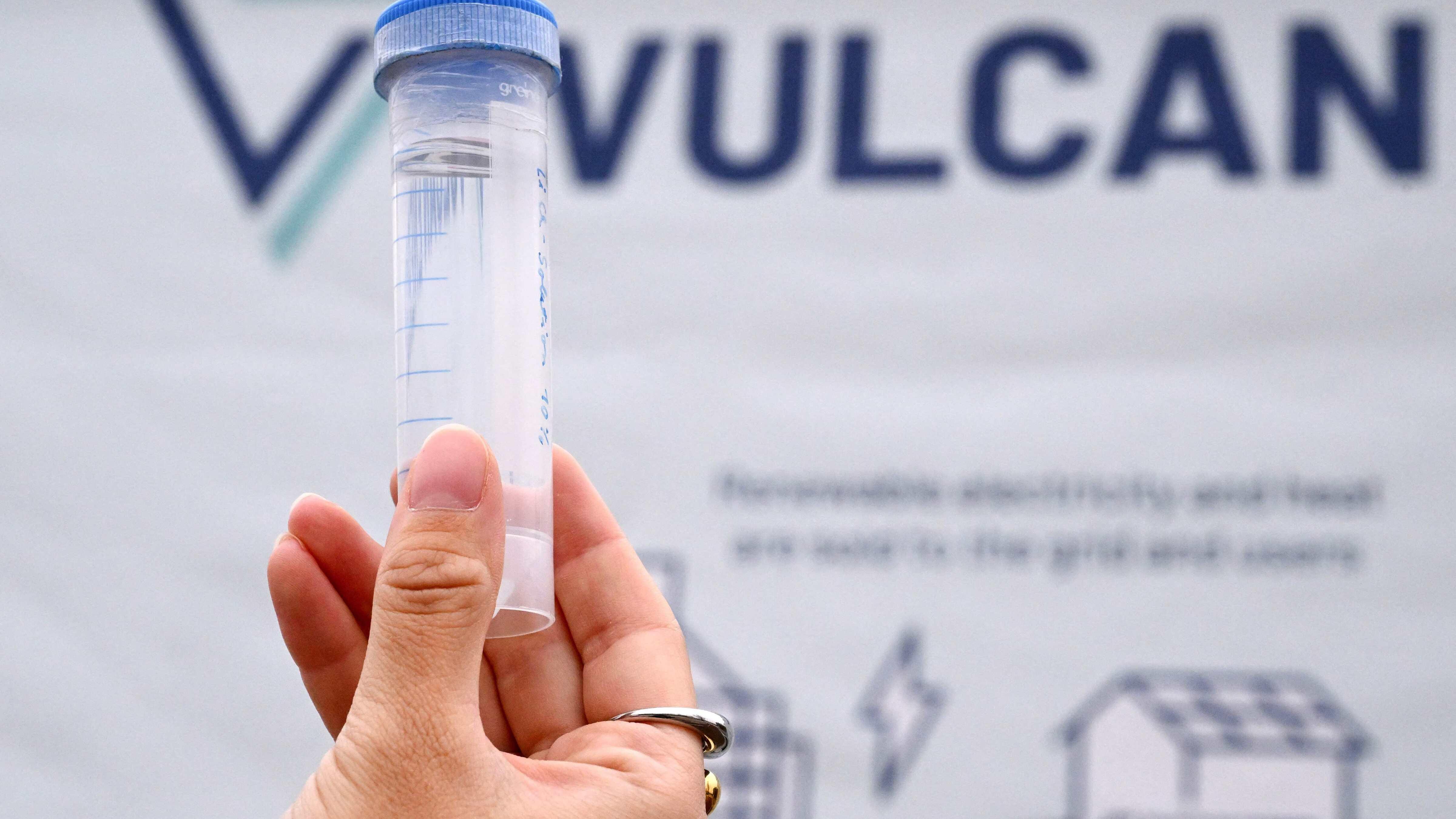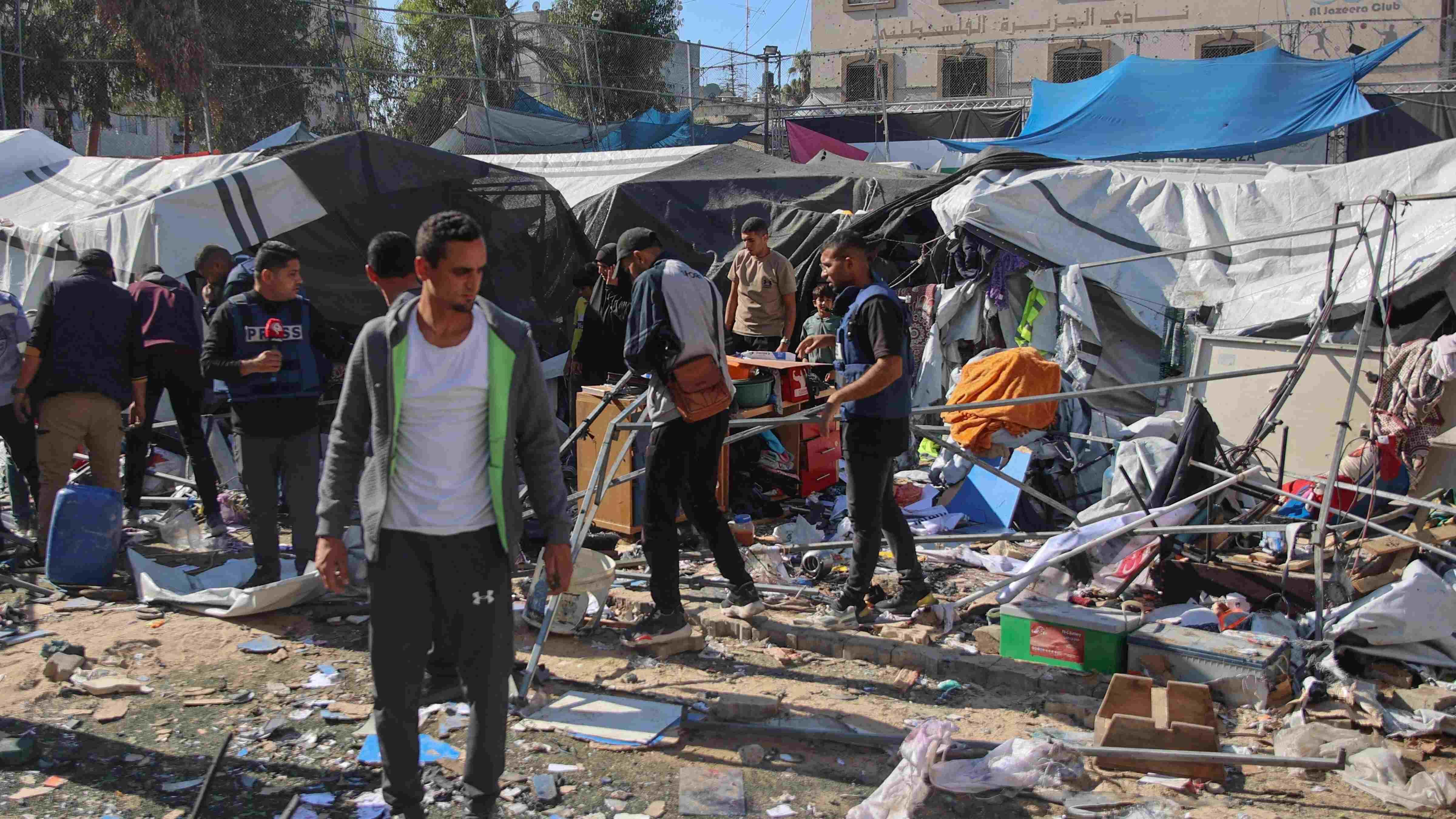Russia crisis may cost Antalya $6.5 billion: CHP deputies
ANKARA

Hürriyet Photo
A group of Republican People’s Party’s (CHP) deputies from Antalya have said the Mediterranean resort may lose $6.5 billion if the tension between Turkey and Russia escalates, in a joint press conference on Nov. 30.CHP Antalya deputies Mustafa Akaydın, Çetin Osman Budak, Niyazi Nefi Kara and Devrim Kök underlined the negative effects of the crisis over Antalya’s tourism and agriculture sectors.
“Some 40,000 Russians live in Antalya and 200,000 Turks in Russia…The crisis between Turkey and Russia must be resolved as soon as possible,” said Akaydın.
He noted an escalation of the crisis will cost Antalya $6 billion in tourism and $500 million in the agricultural sector.
Akaydın noted the Gazipaşa vegetable and fruit wholesale market has already been shut down and the oversupply can be delivered to poor people by the state.
“Our expectation in the medium-term is to continue to make exports to Russia through third parties and to create new markets for the agriculturalists in Antalya,” he said.
Budak said Antalya has already lost some 25 percent of its tourism income over this year due to economic problems in Russia, but the recent crisis with Russia will negatively affect the whole country.
“Turkey has obtained around $6 billion in export revenue and $7 billion in tourism revenue from Russia. There is also extensive suitcase trade traffic between the two countries. Turkey’s suitcase trade volume already declined from $8.5 billion in 2013 to $6 billion in 2014. Turkey can lose up to $20 billion, 3 percent of its GDP, a year if the crisis escalates with Russia,” Budak said.
Kök said some three ships with 750 containers that are loaded with vegetables and fruits from Antalya, Mersin and Black Sea ports to be delivered to Russia are being kept waiting in Russia’s Novoroski Port. Some 600 trucks which were on their way to deliver goods to Russia were also sent back by the Russian authorities.
















